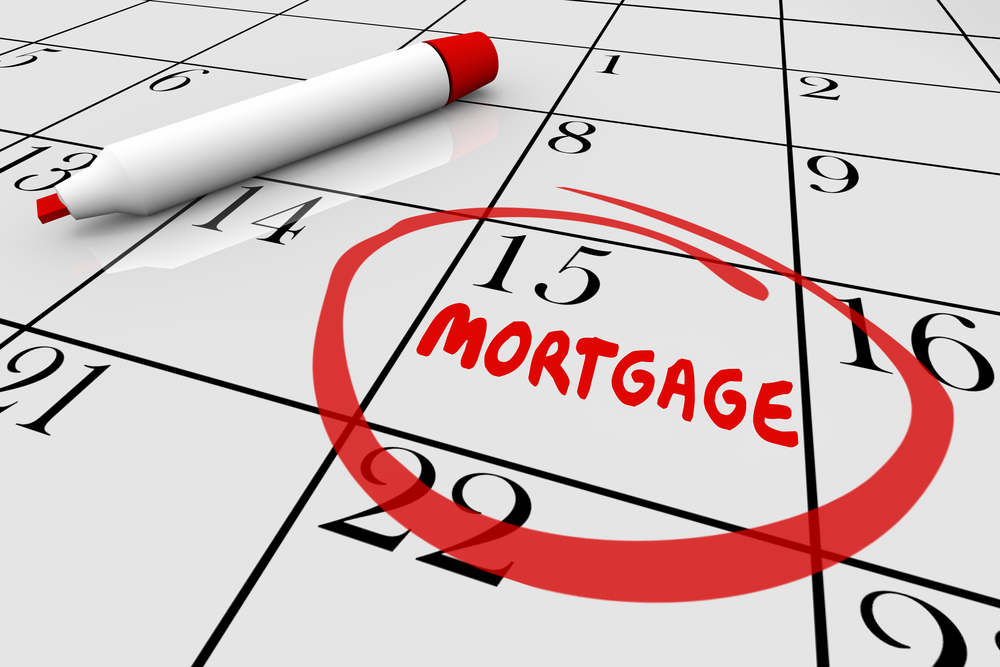
Defaults are expected to keep rising with lenders predicting the biggest rise since 2009 in defaults by households with unsecured loans in the three months to the end of February.
The Bank of England’s survey showed a reading of +31.7 in an index of lenders’ expectations for loan defaults for the period. If realised, this would represent the biggest increase in loan defaults since a period when the UK was in the depths of the global financial crisis.
However, lenders have been too pessimistic about potential increases in loan defaults in the recent past. In late 2022, the index for default expectations over the next three months hit +34.3 for the third quarter of 2023, but then fell to +19.9 after the quarter was complete.
Defaults at worst level for five years
The Bank of England Credit Conditions survey showed that missed credit card and loan payments, as a percentage of balances, are higher than they have been for at least five years.
Mortgage defaults were worse in the second quarter of 2023 and they’re significantly higher than they have been for at least five years.
Demand for unsecured borrowing fell in the last three months of the year and credit card demand is expected to rise in early 2024.
The figures also show that the length of interest-free periods for balance transfers fell at the end of the year and is expected to stay at this level.
Lower and mid earner face serious debt problems
Sarah Coles, head of personal finance at Hargreaves Lansdown, said: “There was a massive surge in missed debt repayments at the end of last year, as a huge number of those whose finances had been on a knife edge, finally tipped over into a debt disaster.
“Mortgage defaults and missed payments on credit cards and loans both surged. The proportion of balances behind on payments hasn’t been this bad for unsecured borrowing for at least five years – and the only time mortgage lending was worse was in the middle of last year.”
The Hargreaves Lansdown Savings & Resilience Barometer found that lower earners face serious debt problems. More than a quarter (27 per cent) are in arrears, while 37 per cent have debt worries.
But analysis shows that the level of mortgage arrears, and the fact that credit cards are more likely to be held by average earners indicates that lower earners are far from the only ones in trouble, with middle earners also facing increasing debt costs.
The barometer shows they have average unsecured debt repayments averaging £315 a month – a large chunk of cash to have to find during the cost-of-living crisis.
Coles added: “There’s a real risk their income isn’t keeping up with their expenses, and they’re building problems for the future. The Bank of England figures show that banks expect credit card borrowing to keep rising during the first three months of this year.
“The banks are not yet taking steps to clamp down on borrowing. One early sign that they’re alive to the risks they face is a shortening of interest-free balance transfer periods.
“At the moment they’re not worried enough about arrears to slow lending. However, if the picture worsens again in the coming months, they may well take more steps to limit their lending. It means those who are counting on being able to borrow more to get through could find themselves running into a brick wall.”
















